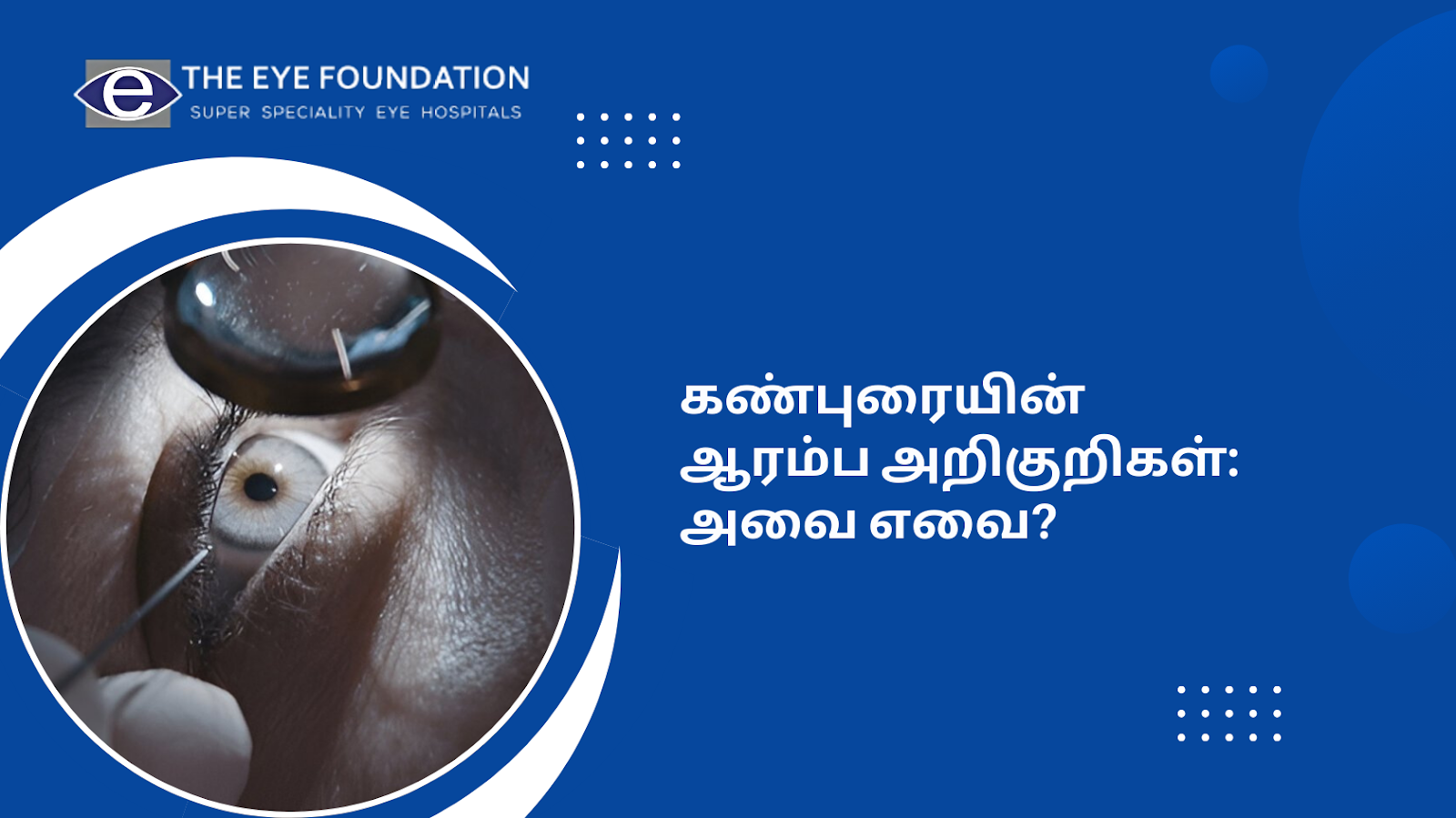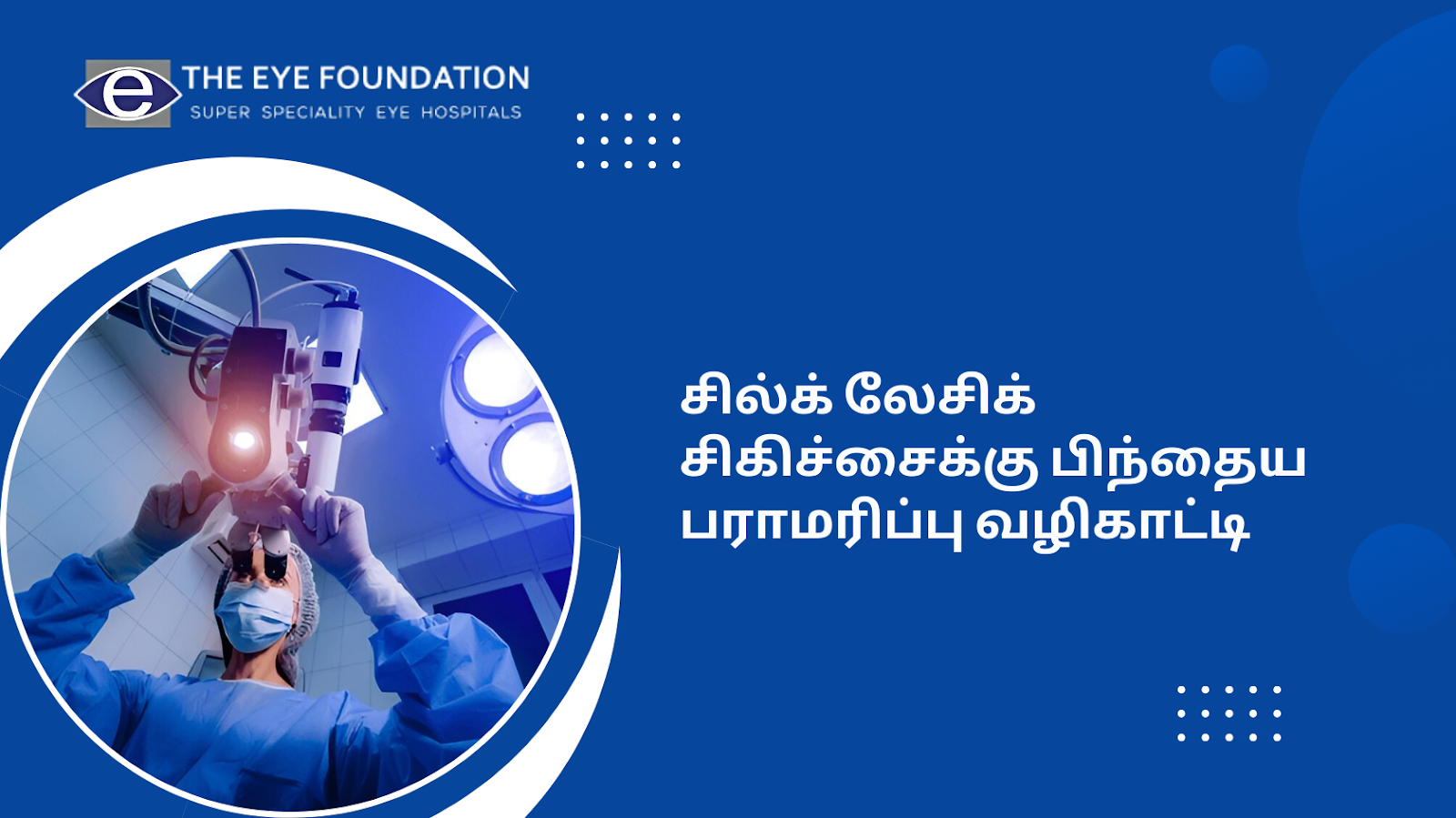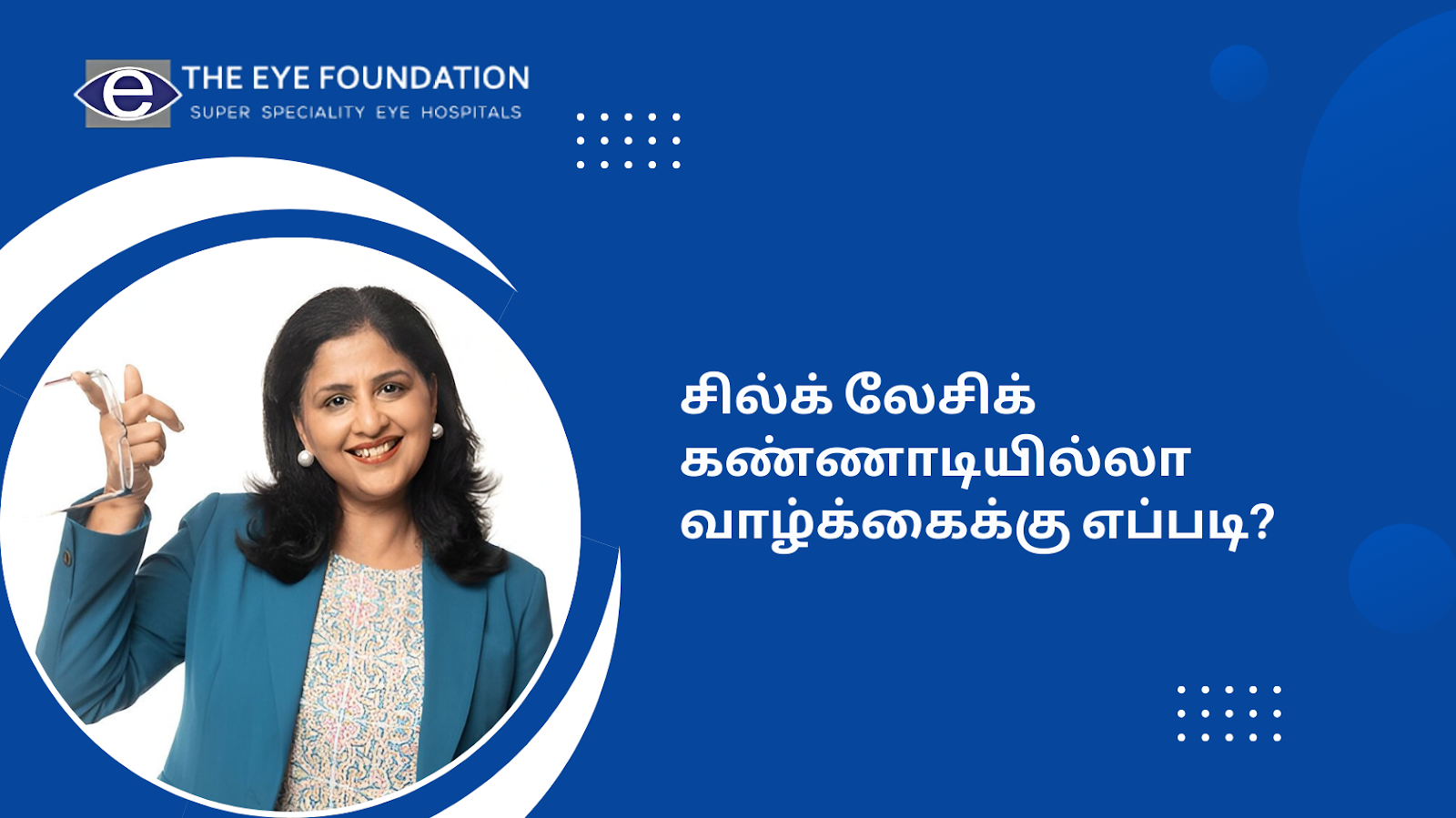Glaucoma
Glaucoma is the leading cause of blindness for people who are above the age of 50. It is a disease that affects the optic nerve( the nerve which is responsible for carrying all the visual information from the eyes to the brain. When the pressure in your eyes increases it can damage your optic nerve, which sends images to your brain If the damage worsens, glaucoma can cause permanent vision loss or blindness. Thus Glaucoma is treated to lower the pressure within the eye and it is accomplished by increasing the outflow of fluid from within the eye or slowing the production of fluid within the eye.
Who is at risk of developing Glaucoma?
- Glaucoma is most commonly affected in adults who are over 50+ of age and the
risk of developing glaucoma increases with age - A family history of glaucoma increases one’s risk of developing glaucoma
- Increased blood flow to the optic nerve can lead to the risk of developing
glaucoma - People who are associated with high eye pressure are at an increased risk of
glaucoma - Are either near-sighted or farsighted
- Long term treatment in steroid medications
- Injuries to the eyes or eye can cause Glaucoma
- Having corneas that are thinner than usual
Symptoms of Glaucoma
There are two main categories of Glaucoma namely, Open-angle glaucoma and Angle-closure glaucoma. People with open-angle glaucoma will not have any symptoms but the main sign is usually a loss of side, or peripheral, vision. Whereas the symptoms of angle-closure glaucoma usually come on faster and are more obvious. Early detection can help you to prevent the risk of Glaucoma. If you have any of these symptoms, get medical care right away:
- Vision loss
- Redness in your eye
- Hazy eyes (particularly in infants)
- Upset stomach or vomiting
- Eye pain
- Halos around the lights
How can it be treated?
It is always necessary to consult a doctor if you have the above-mentioned symptoms. Our doctors at The Eye Foundation do a comprehensive eye examination and start the medication, your specialist will suggest medications or recommend surgical techniques such as Laser trabeculoplasty, Trabeculectomy, and Surgical implants. It is advisable to consult your specialist or surgeons regarding any treatment or surgery along with the possible future benefits, effective alternatives, and potential risks or complications.






